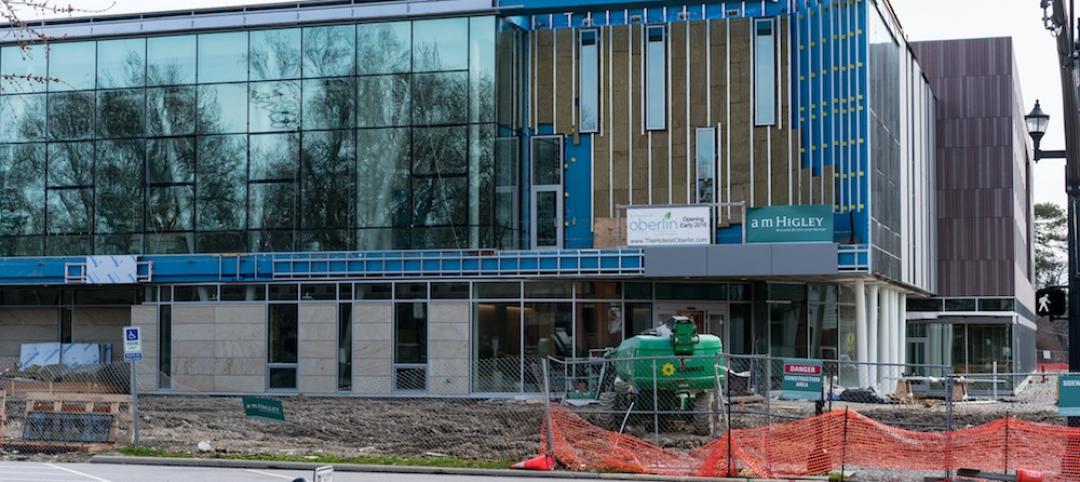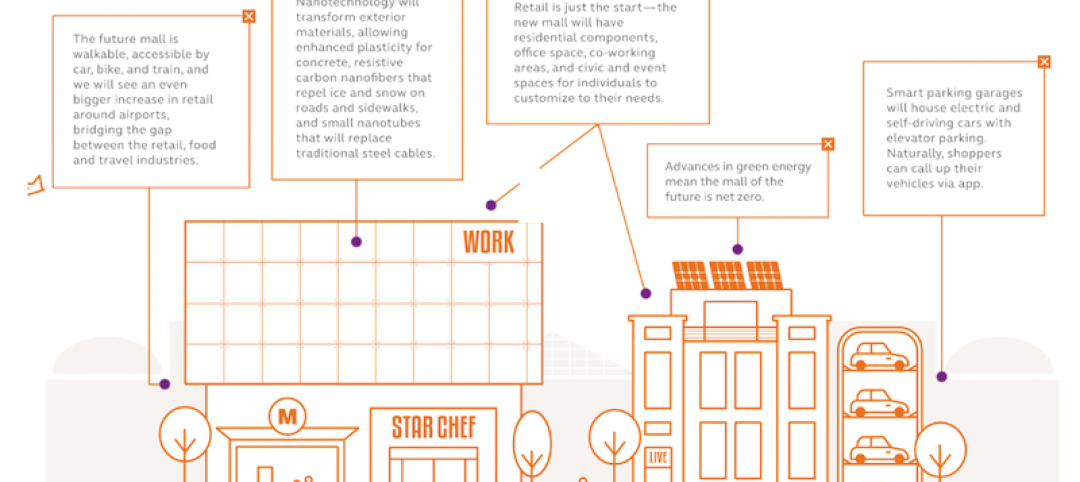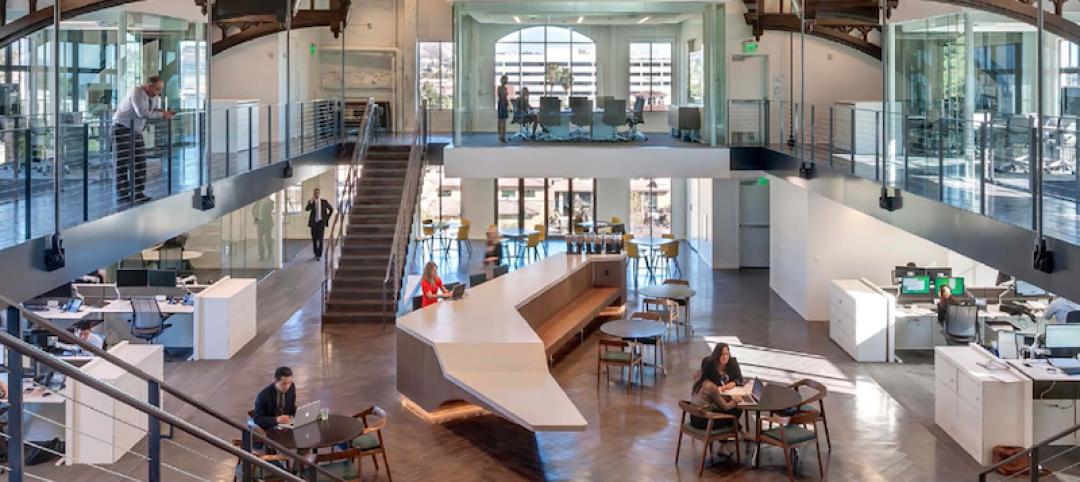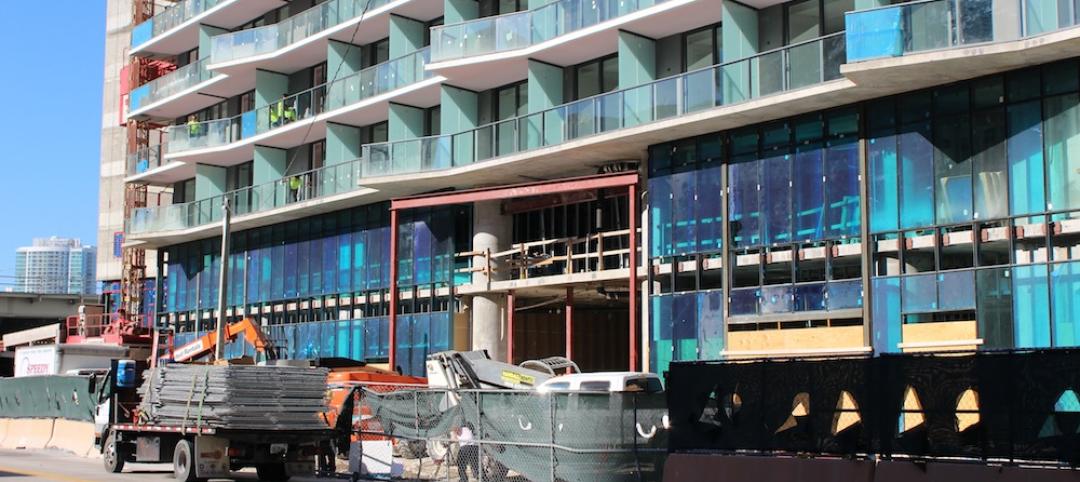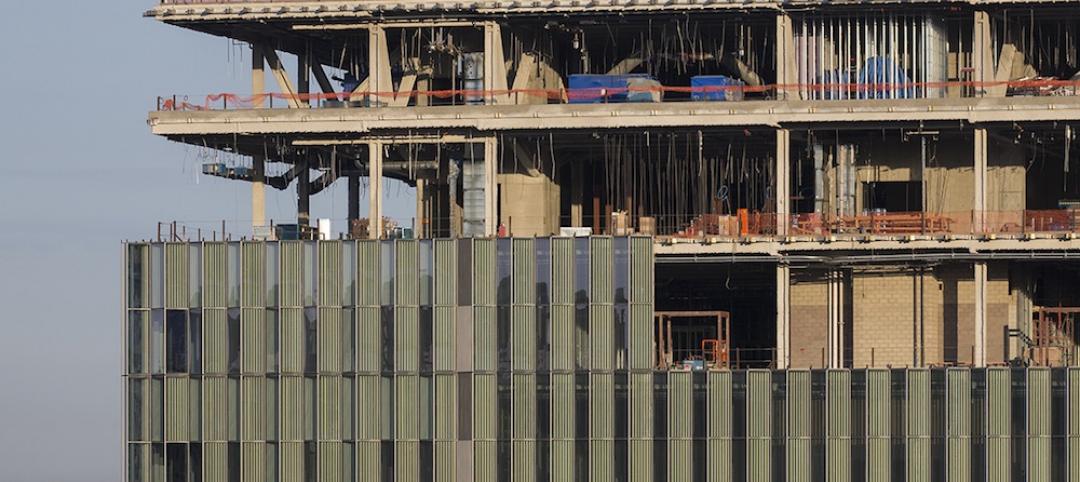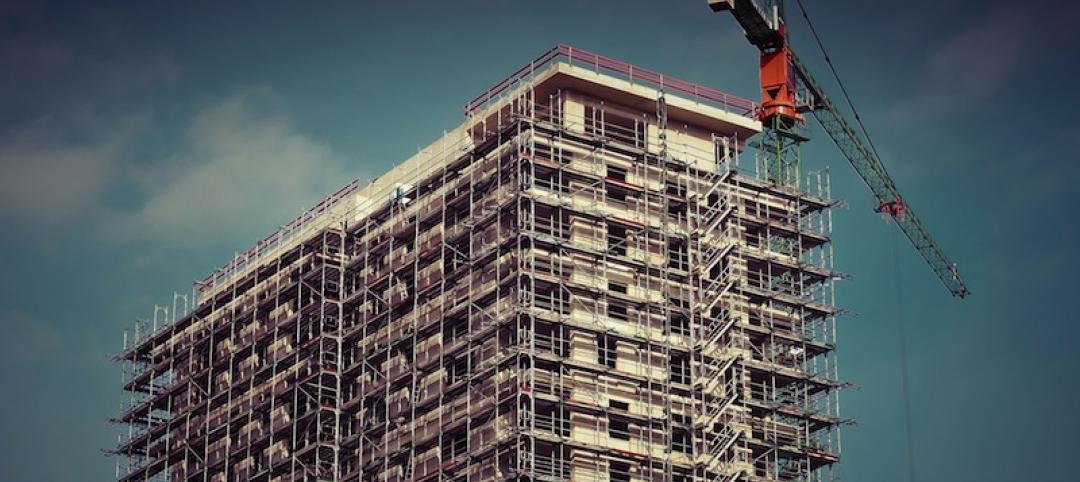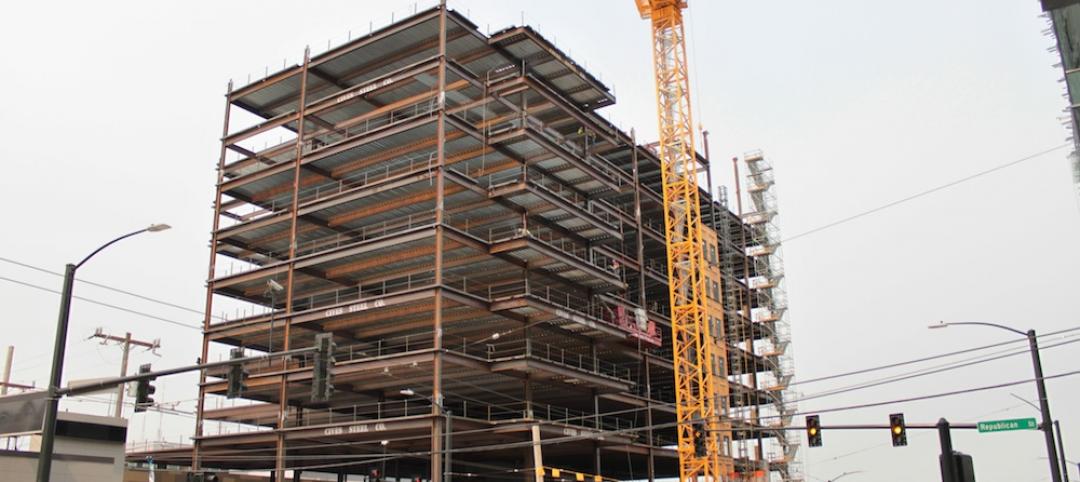Construction employment increased by 16,000 jobs in August, but the gains were concentrated in housing, while the infrastructure and nonresidential building construction sector lost 11,000 jobs, according to an analysis by the Associated General Contractors of America of government data released today. The new jobs data comes as association officials reported that a survey of more than 2000 contractors it released this week found growing pessimism about a return to normal levels of construction business amid a proliferation of project cancellations.
“Construction is becoming a tale of two sectors, as homebuilding and limited nonresidential niches thrive but most other private, as well as public, construction shrinks,” said Ken Simonson, the association’s chief economist. “These employment numbers are in line with our survey, which found a plurality of construction firms expect it will take more than six months before their volume of business matches year-ago levels.”
The AGC of America-Autodesk Workforce Survey, released on September 2, found that 38% of respondents expect it will take more than six months for their firm’s volume of business to return to normal, relative to a year earlier. In a survey the association conducted in mid-June, only 30% of firms said they expected a return to normal volume would require more than six months.
A likely reason for the more pessimistic outlook is the rapid increase in postponed or canceled projects, the economist said. He noted that the latest survey found 60% of firms report a scheduled project has been postponed or canceled, nearly double the 32% reporting cancellations in the June survey.
The employment pickup in August was limited to homebuilding, home improvement and a portion of nonresidential construction, Simonson noted. There was a rise of 27,700 jobs in residential construction employment, comprising residential building (3,200) and residential specialty trade contractors (24,500). There was a net decrease of 11,000 jobs in nonresidential construction employment, covering nonresidential building (10,200), specialty trades (-15,700) and heavy and civil engineering construction (-5,500).
The industry’s unemployment rate in August was 7.6%, with 762,000 former construction workers idled. These figures were more than double the August 2019 figures of 3.6% and 361,000 workers, respectively.
Association officials said that the commercial construction sector was likely to continue losing jobs without additional federal coronavirus relief measures. They urged Congress and the administration to pass a one-year extension to the current highway and transit law so state officials can properly plan for the next construction season. They also called for additional infrastructure funding, liability protections for contractors who are taking appropriate steps to protect workers from the coronavirus and other pro-growth measures.
“It is clear that the commercial construction industry will not begin to recover unless Washington can enact responsible new recovery measures,” said Stephen E. Sandherr, the association’s chief executive officer. “Congress and the administration should take the opportunity to create needed new middle-class jobs, rebuild infrastructure and restore the economy.”
View the 2020 AGC of America-Autodesk Workforce Survey release and related materials.
Related Stories
Market Data | Apr 4, 2016
ABC: Nonresidential spending slip in February no cause for alarm
Spending in the nonresidential sector totaled $690.3 billion on a seasonally adjusted, annualized basis in February. The figure is a step back but still significantly higher than one year ago.
Market Data | Mar 30, 2016
10 trends for commercial real estate: JLL report
The report looks at global threats and opportunities, and how CRE firms are managing their expectations for growth.
Market Data | Mar 23, 2016
AIA: Modest expansion for Architecture Billings Index
Business conditions softening most in Midwest in recent months.
Retail Centers | Mar 16, 2016
Food and technology will help tomorrow’s malls survive, says CallisonRTKL
CallisonRTKL foresees future retail centers as hubs with live/work/play components.
Market Data | Mar 6, 2016
Real estate execs measure success by how well they manage ‘talent,’ costs, and growth
A new CBRE survey finds more companies leaning toward “smarter” workspaces.
Market Data | Mar 1, 2016
ABC: Nonresidential spending regains momentum in January
Nonresidential construction spending expanded 2.5% on a monthly basis and 12.3% on a yearly basis, totaling $701.9 billion. Spending increased in January in 10 of 16 nonresidential construction sectors.
Market Data | Mar 1, 2016
Leopardo releases 2016 Construction Economics Report
This year’s report shows that spending in 2015 reached the highest level since the Great Recession. Total spending on U.S. construction grew 10.5% to $1.1 trillion, the largest year-over-year gain since 2007.
Market Data | Feb 26, 2016
JLL upbeat about construction through 2016
Its latest report cautions about ongoing cost increases related to finding skilled laborers.
Market Data | Feb 17, 2016
AIA reports slight contraction in Architecture Billings Index
Multifamily residential sector improving after sluggish 2015.
Market Data | Feb 11, 2016
AIA: Continued growth expected in nonresidential construction
The American Institute of Architects’ semi-annual Consensus Construction Forecast indicates a growth of 8% in construction spending in 2016, and 6.7% the following year.





